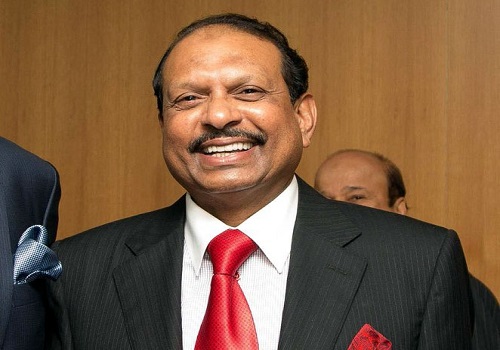COP15 pact significant breakthrough for biodiversity: GEF CEO

Follow us Now on Telegram ! Get daily 10 - 12 important updates on Business, Finance and Investment. Join our Telegram Channel
The agreement reached on Monday in Montreal is a significant breakthrough for biodiversity conservation. It reflects never-before-seen recognition from countries at all income levels that loss of biodiversity must be stopped through high-ambition changes to society's relationship with nature and the way our global economy operates.
This was the reaction of CEO and Chairperson of the Global Environment Facility, Carlos Manuel Rodriguez, on the conclusion of two-week negotiations of the Fifteenth Conference of the Parties to the Convention on Biological Diversity.
It also reflects the determination of political leaders around the world to make this happen.
"This is an extremely positive moment for the international community and for the diplomatic process at the Convention on Biological Diversity that I have personally been involved with for nearly 30 years, as a CSO representative, a negotiator for Costa Rica, and most recently as the CEO of the Global Environment Facility," he said in a statement.
Resource mobilisation has been a central theme here in Montreal over the last two weeks, both to reach an ambitious agreement, and also to ensure it is implemented.
"As the Financial Mechanism of this critical Convention, the GEF takes very seriously our responsibility to function under the authority and guidance of the COP, and to be accountable to the COP."
"I am therefore honoured and extremely pleased that the Conference of the Parties has requested the GEF to establish a Global Biodiversity Fund as soon as possible, to complement existing support and scale up financing to ensure the timely implementation of the post-2020 global biodiversity framework."
"The decision also includes a number of important elements on access, adequacy, predictability, equitable governance, and financing from all sources. Please be assured of my commitment to work with the GEF Council, countries, and partners, to operationalise the decision and to address these important elements in a timely manner," Rodriguez said.
Responding to the outcome, Inger Andersen, Executive Director of the UN Environment Programme, told IANS that she welcomed the adoption of the Kunming-Montreal Global Biodiversity Framework.
The adoption of this Framework and the associated package of ambitious targets, goals and financing represents but a first step in resetting our relationship with the natural world.
"Success will be measured by our rapid and consistent progress in implementing, what we have agreed to. The entire United Nations System is geared to support its implementation so that we can truly make peace with nature."
"For far too long humanity has paved over, fragmented, over-extracted and destroyed the natural world on which we all depend."
"Now is our chance to shore up and strengthen the web of life, so it can carry the full weight of generations to come. Actions that we take for nature are actions to reduce poverty; they are actions to achieve the sustainable development goals; they are actions to improve human health," Inger Andersen added.
At COP15, what is the deal agreed.
The outcome charts global targets and timetables that can see nature pulled back from the brink by 2030, and help keep 1.5 degrees Celsius alive.
Over the next year, the 196 governments are supposed to go back home and put what was agreed into action. That means governments making plans by 2024 to meet these goals and rich nations funding USD 30 bn a year by 2030 to help developing countries, with everyone coming back every few years to check in on progress.
Critically, big business and investors must also report on their actions that impact and protect nature.
As COP15 concluded, the message to the private sector is clear: businesses around the world and from all sectors will need to take large-scale action now to halt and reverse nature loss by 2030, remarked Alan Jope,ACEO - Unilever.
"The Global Biodiversity Framework is set to provide the political certainty that all large businesses and financial institutions will be required to assess and disclose risks and impacts on nature. The result will be stronger accountability and better-informed decisions by investors, governments, consumers and businesses themselves."
Andy Howard, Global Head of Sustainable Investment, Schroders, said: "The outcome of CBD COP15 should make financial regulators sit up and listen. Nature risk is an integral factor to investment risk and returns, and there is a clear opportunity in aligning financial flows towards nature positive goals.
"There is a lot more work to be done, but the COP15 global deal for nature is a signal the financial community cannot ignore."
Oscar Soria, Campaign Director, Avaaz, said: "Extinction doesn't negotiate -- the science is clear that we need to protect at least half the earth by 2030. This text is a step forward from where we are, but nature needs a giant leap. Governments should scale up protections, and deliver a clear plan for the full $1 trillion a year that is needed to make this agreement real."
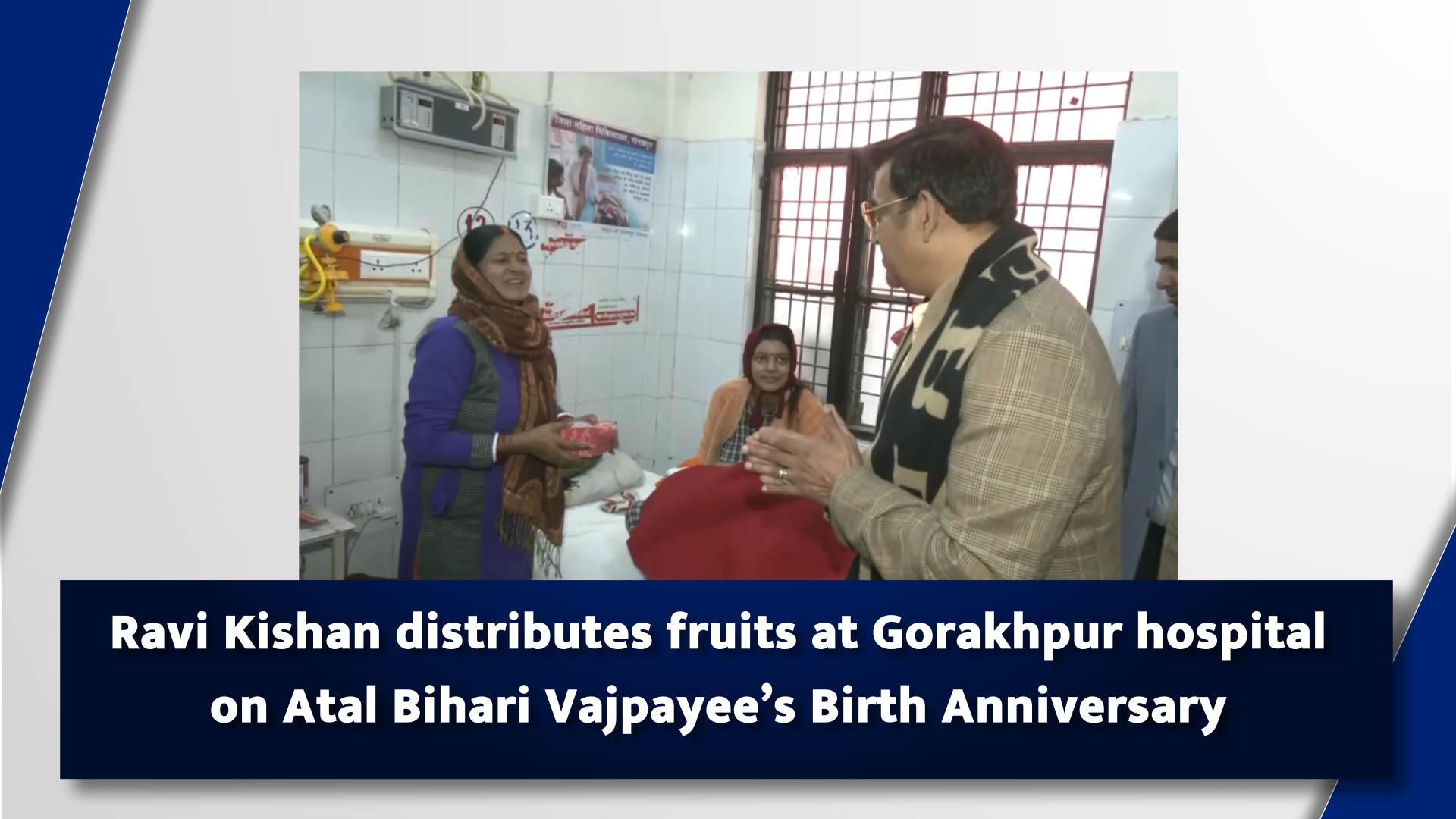
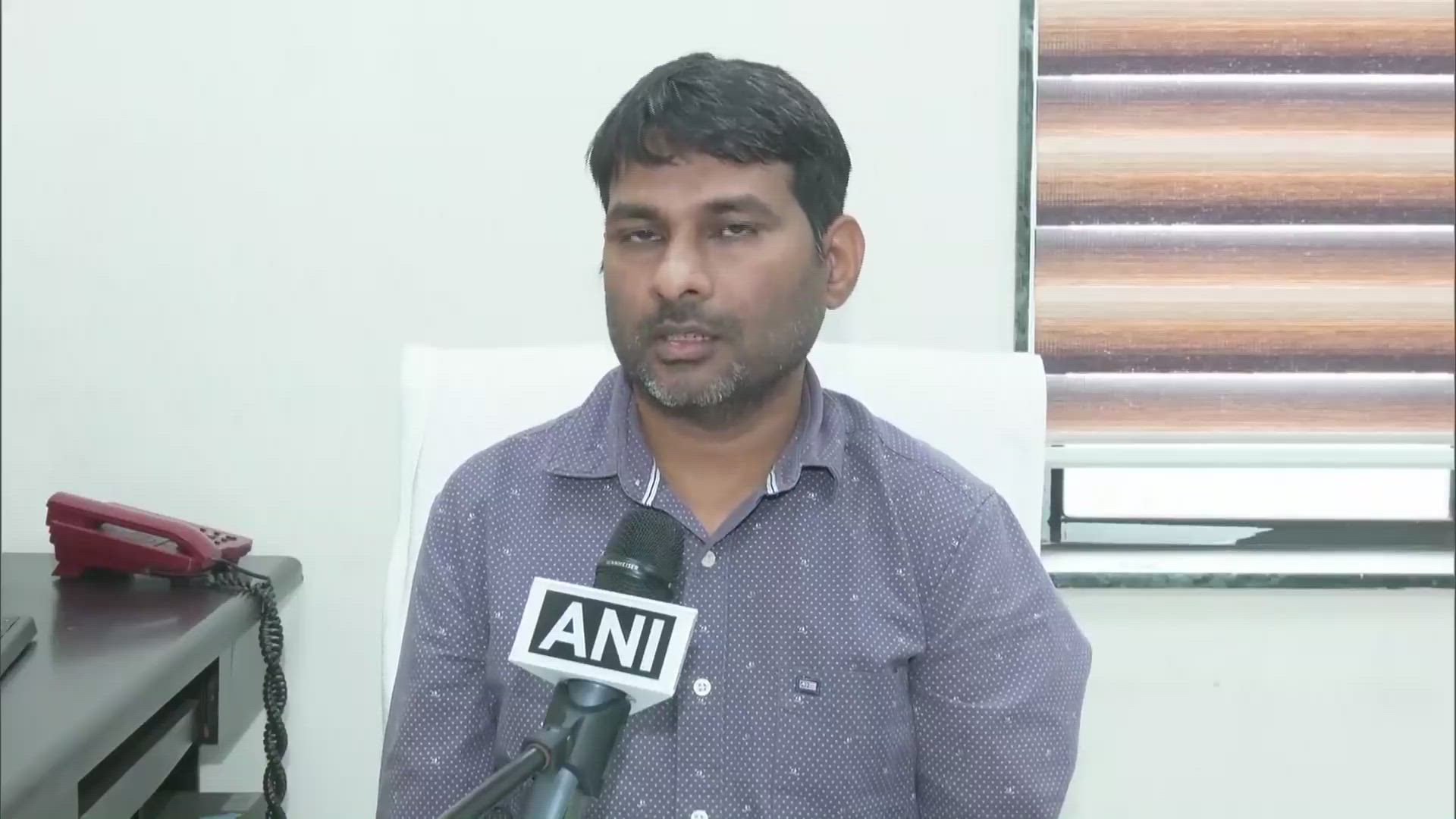
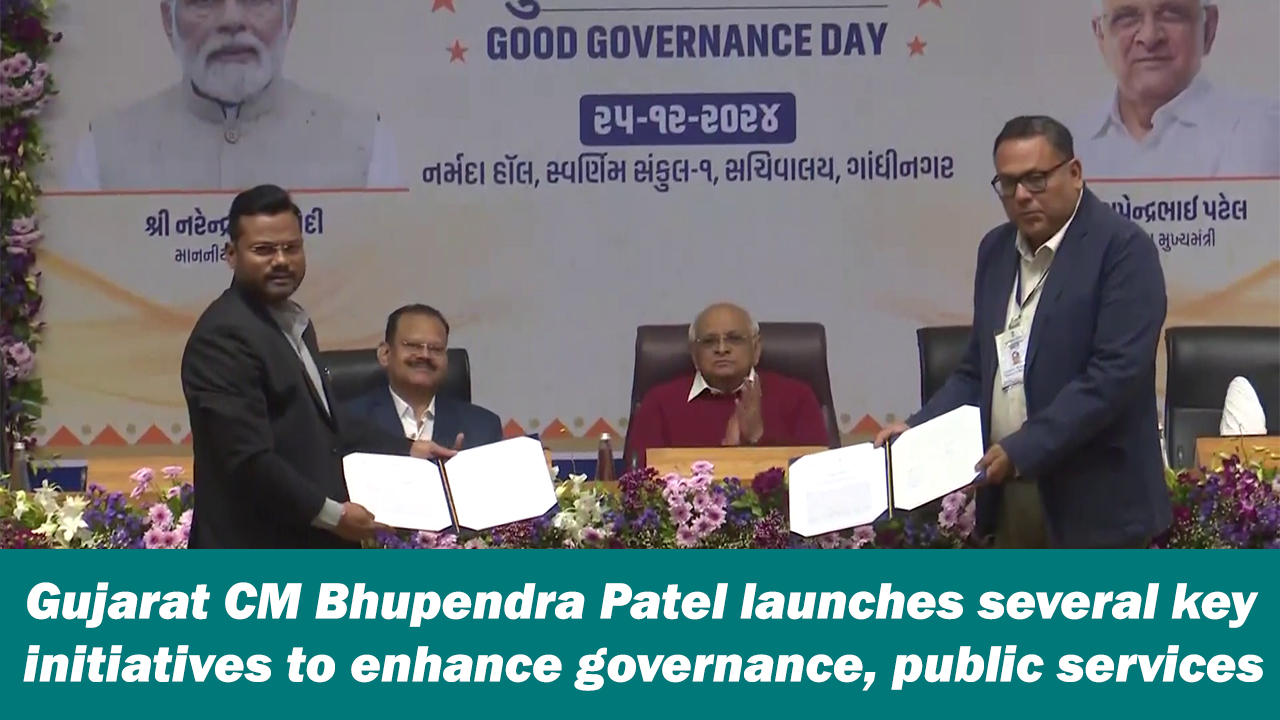
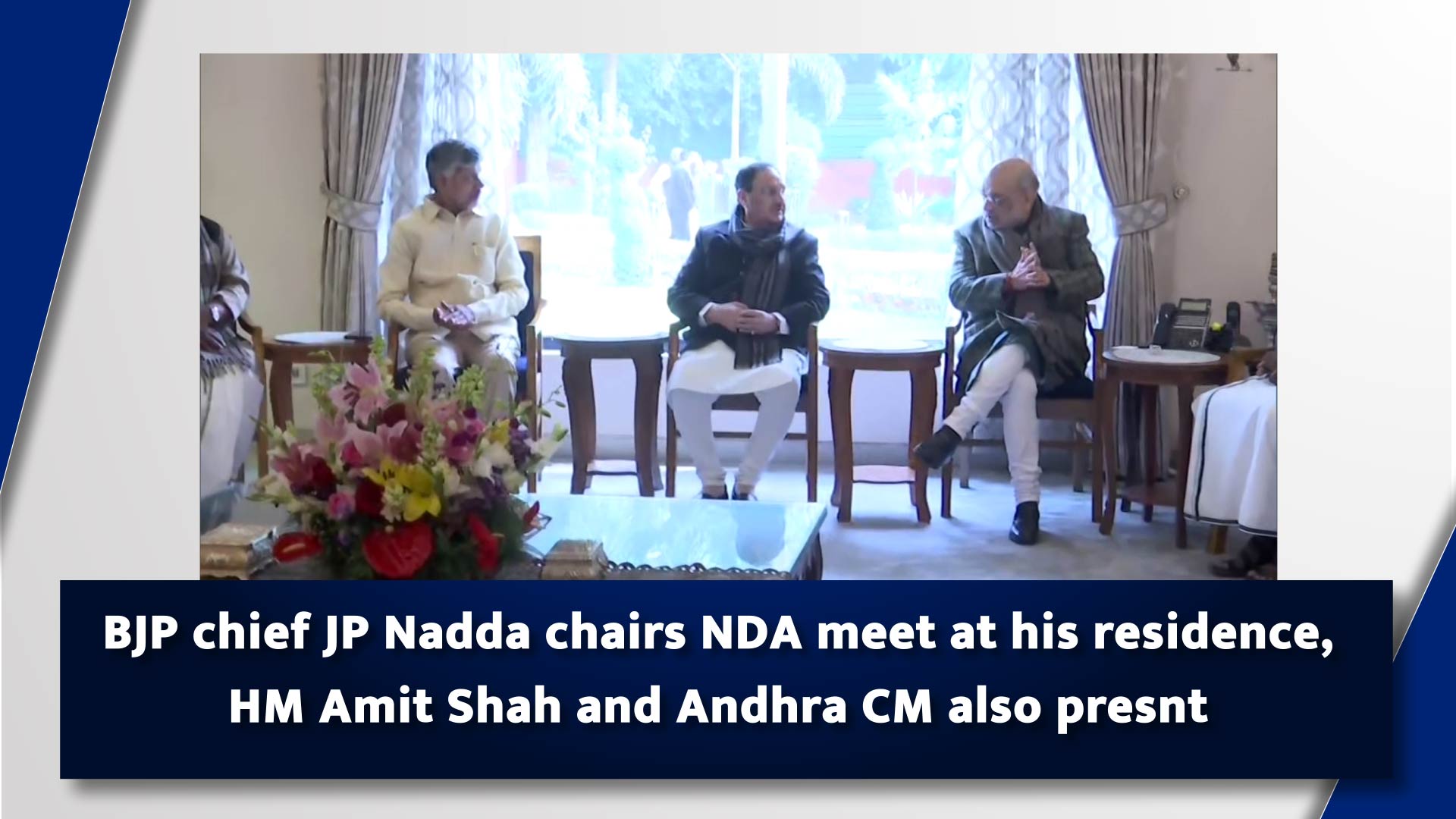
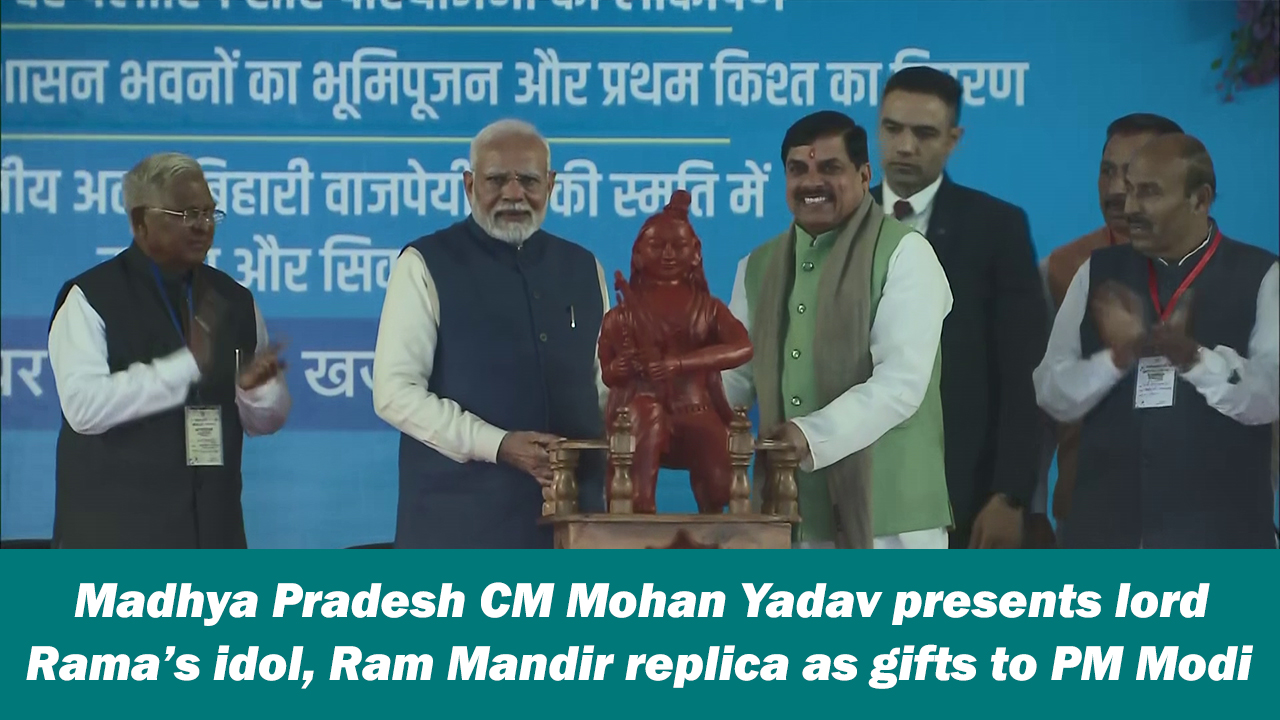

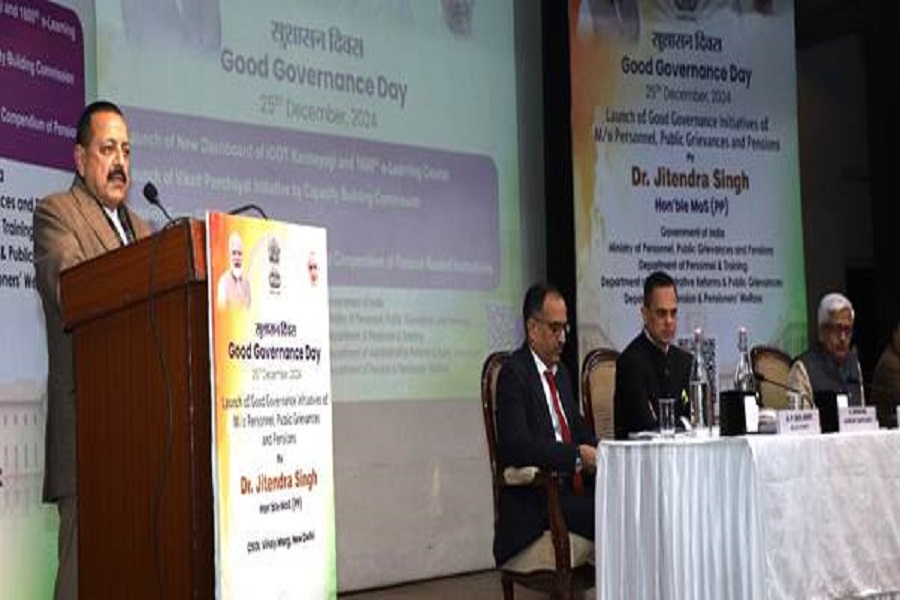
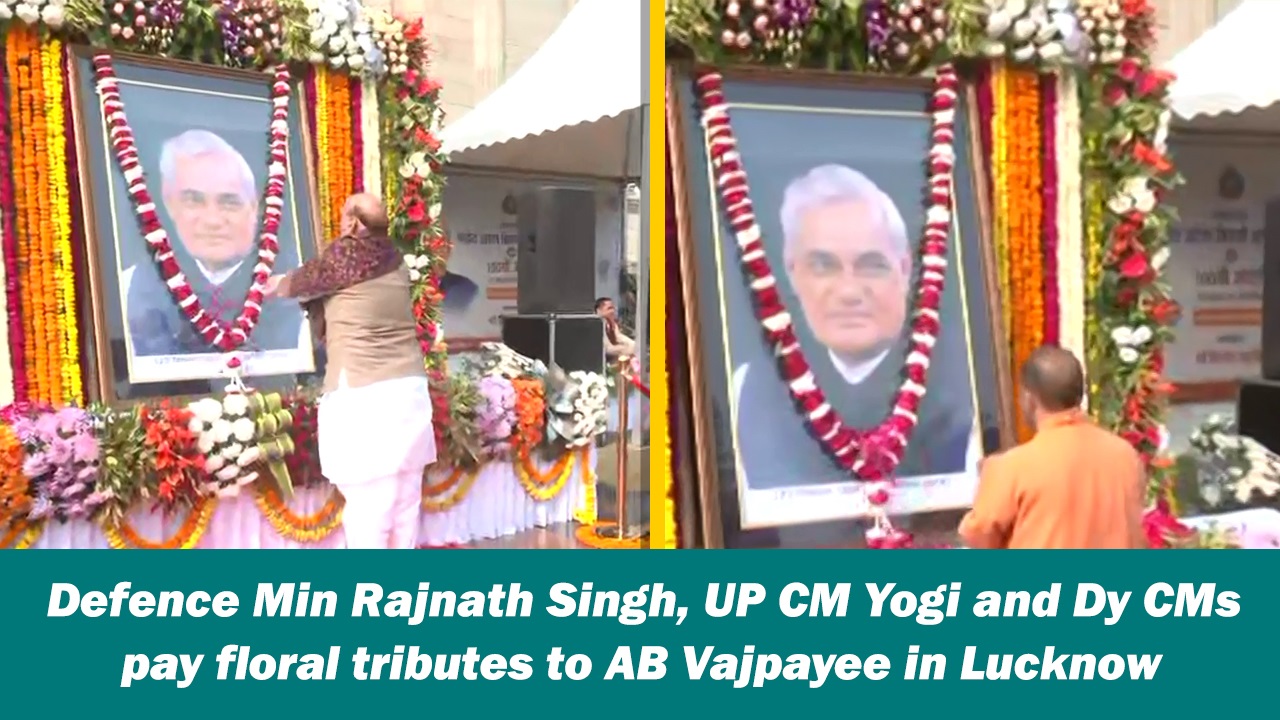


Tag News

Fit-tech startup beatXP set to raise $50 mn,
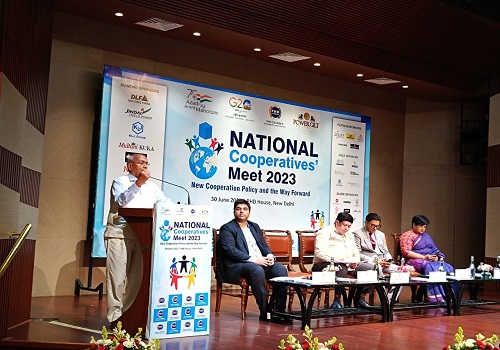
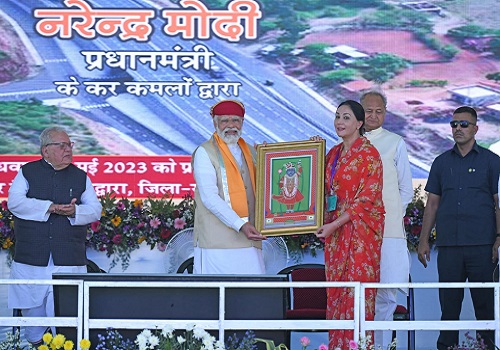



 320-x-100_uti_gold.jpg" alt="Advertisement">
320-x-100_uti_gold.jpg" alt="Advertisement">




